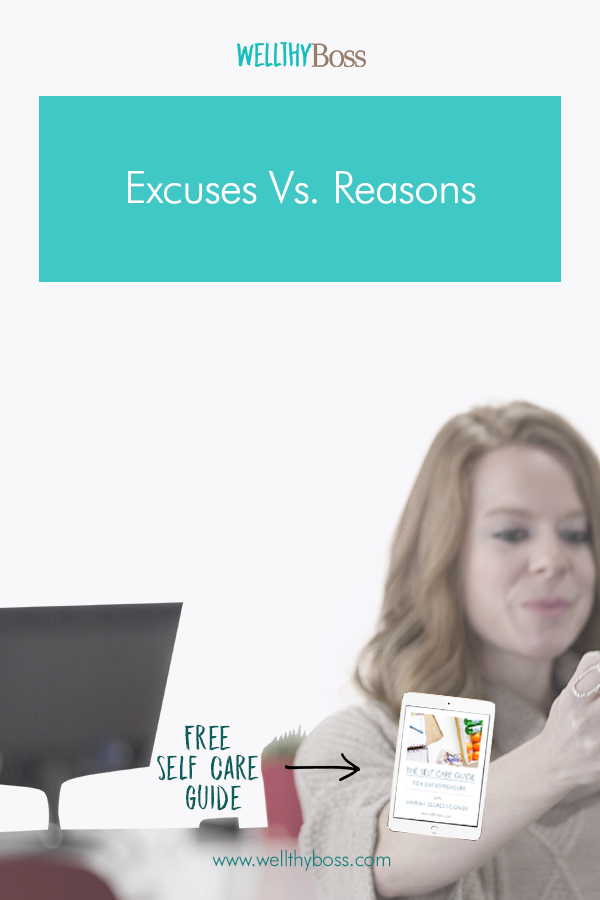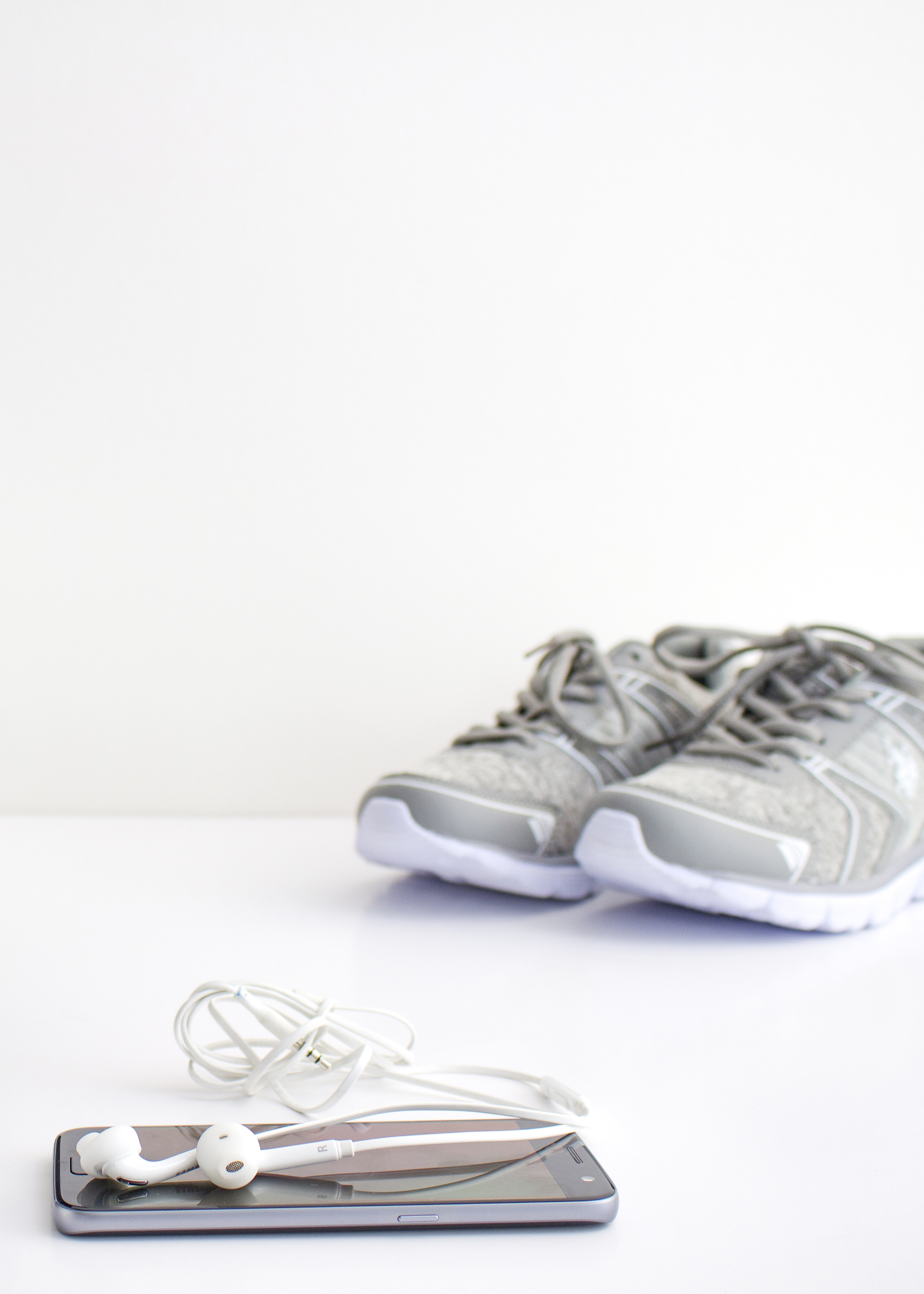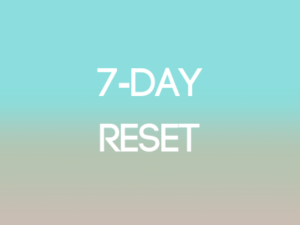
It’s amazing how much of our mindsets about exercise and eating healthfully revolve around guilt imperatives, using words like “should” and “ought,” and even subjective moral language like “being good,” “eating right,” “getting on track,” etc. While most of this is just a vernacular we’ve all taken on in society, I believe some of this implied equation between exercise and morality or responsibility can ultimately slip us up from achieving the results we want.
While I don’t shy away from acknowledging the connection between healthy bodies and improved society value (such as increased productivity at work, as well as responsibly reducing the enormous rising costs of healthcare and insurance), individual motivation can ironically use the “moral incumbent” principle to their own detriment.
The explanation for this is simple: If people feel they should do something, they bring it upon themselves to justify when they don’t follow through on healthy habits. It culminates, more simply, in making excuses. Do any of these excuses sound familiar? (Having had experience as both an in-person trainer and virtual fitness trainer, I’ve heard them all!)
I didn’t get to the gym because I had to work late on a project.
I ordered dessert because I didn’t want my friend to feel bad for ordering it too.
I’m so busy with my kids’ activities that I don’t have time leftover for myself.
At root they all reflect the same sentiment—that it’s okay we didn’t do the thing we otherwise feel like we need to do. But this begs the question, “Okay with whom?”
With you? With your personal trainer? With the universe? Because your scale certainly doesn’t care. Or your blood pressure. Results don’t care about excuses. But, chances are, you care about your results. So don’t waste energy explaining or justifying why you didn’t follow through on something you intended to do, because it doesn’t impact your bottom line.
Now, I know to some this can sound a little cold and impractical with today’s demanding schedule. I don’t mean for it to be, but rather to encourage you to re-frame the way you think about fitness and health. And here’s the secret: It’s okay to be a little selfish.
The ultimate reason you exercise and take care of yourself is because of the rewards attached to those behaviors—improved mood, better relationships, a tighter tush–and some are likely more compelling to you than others. And though, yes, others may benefit from our good choices, if we don’t ultimately want to be fit for ourselves, we’re not likely to stick with our goals and the rewards that come with it. Each choice takes you either closer towards or further from that reward. You are the one who lives with the results of those actions.

When a client gives excuses about why they didn’t do what they were trained to do, they often act as though they are disappointing me and perhaps trying to mitigate that a bit by explaining the context. I take this as a compliment that they look up to me and care about my opinion, but other than caring about them as people, I don’t care about their excuses. I want them to be happy, but I’m not the one who has to live with their results. It’s not my body. Not my lipid panel. Not my chronic stiffness. It’s theirs. It’s yours. When you start to take ultimate ownership for not only the effort of exercise, but also the reward, excuses become irrelevant.
But what about those times when life truly gets in the way of doing what we want? Do we always say yes to exercise and no to everything else? Is that even possible? Of course not. But there’s a difference between an excuse and a reason not to exercise. The difference may seem tiny, but its implications for your decision-making and freedom from guilt are immense. The difference between an excuse and a reason is this:
Will I be better off NOT exercising today?
Usually when we weigh it like that, the answer is no. And the yes answers become crystal clear. When you’ve trained like crazy the past five days and your muscles need to recover, a rest day isn’t an excuse—it’s a reason you’re better off not exercising. When your child falls violently ill and the only doctor’s appointment left happens to coincide with your yoga class—you’re better off taking Junior in than doing Sun Salutations that evening. Sure, you may be taking a tiny step back from one goal that day, but you’re also filling a goal of being a good mom.
When you get into the habit of asking yourself whether you’re better off or not to exercise that day, you’ll find your off-days are fewer and farther between. By replacing the words “I should,” with “I want,” you’ll be zipping towards the rewards of a fit life faster in no time!




